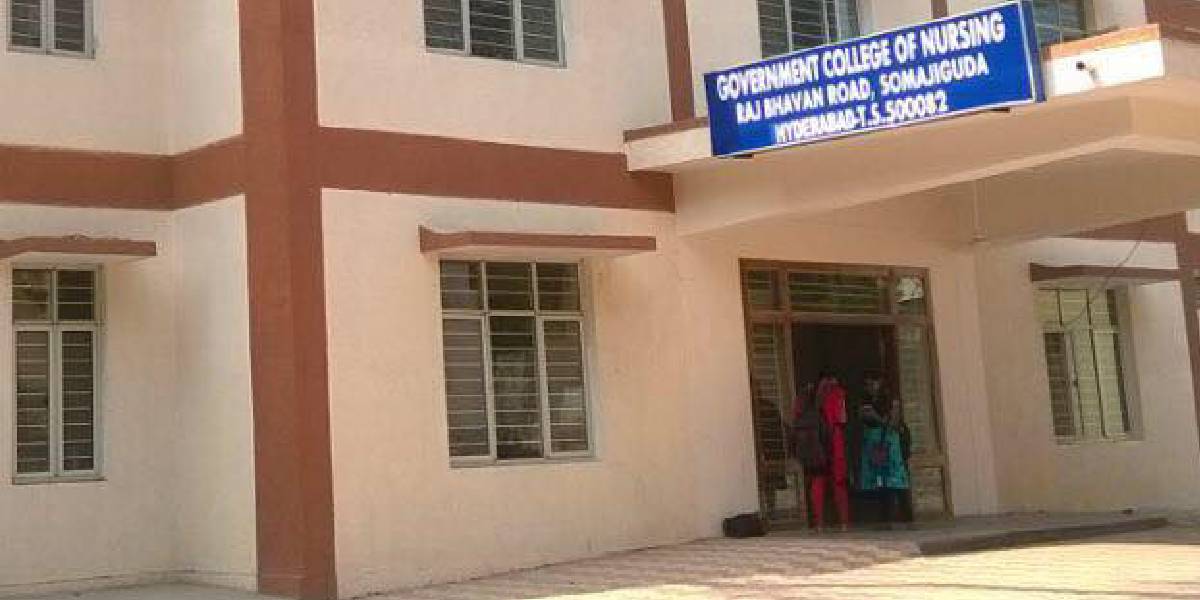The move aligns with Japan’s push to recruit foreign nurses, including Indians, through initiatives like the Specified Skilled Worker (SSW) program under a 2021 India-Japan cooperation agreement
Published Jun 17, 2025 | 10:26 AM ⚊ Updated Jun 17, 2025 | 10:26 AM

Synopsis: To tap into Japan’s rising demand for healthcare workers, Telangana CM A Revanth Reddy has directed officials to offer Japanese as an optional subject in nursing colleges. At a review meeting on 16 June, he highlighted Japan’s nursing shortage and called it a major opportunity for Telangana graduates. Reddy also noted the Japanese government’s willingness to support the initiative
In a move to capitalise on Japan’s growing demand for healthcare professionals, Telangana Chief Minister A Revanth Reddy has directed officials to introduce Japanese as an optional subject in nursing colleges across the state.
The initiative comes as Japan faces an acute shortage of nursing staff due to its rapidly ageing population.
Speaking at a review meeting with Health Department officials at the Integrated Command and Control Centre (ICCC) on Monday, 16 June the Chief Minister emphasised the significant opportunity this presents for Telangana’s nursing graduates. “The Japanese government is ready to support this initiative,” Reddy stated.
రాష్ట్రంలోని 34 వైద్య కళాశాలలు పూర్తి స్థాయి వసతులతో పని చేయాలని, ఇందుకు అవసరమైన కార్యాచరణ ప్రణాళికను వెంటనే తయారు చేయాలని ముఖ్యమంత్రి శ్రీ @revanth_anumula గారు అధికారులను ఆదేశించారు. ఇందుకోసం అధికారులతో ఒక కమిటీని ఏర్పాటు చేయాలని చెప్పారు. ఆ కమిటీ… pic.twitter.com/KtQOj7Xz3j
— Telangana CMO (@TelanganaCMO) June 16, 2025
The announcement comes at a crucial time when Japan is actively seeking foreign nursing professionals to fill critical gaps in its healthcare system. The country has opened pathways for Indian nurses through various programs, including the Specified Skilled Worker (SSW) program established under a Memorandum of Cooperation signed between India and Japan in January 2021.
The country’s elderly care facilities and hospitals are experiencing severe staffing shortages, making Indian nursing professionals increasingly valuable in the Japanese healthcare market.
With 132 nursing colleges across the state, Telangana is well-positioned to implement this ambitious language program. The state’s nursing education sector includes 95 private institutions, 37 government-owned colleges which offers Bsc Nursing courses.
Telangana also holds the distinction of the only state in India with government medical and nursing colleges in every district.
For Indian nurses to work in Japan, they must meet specific language proficiency requirements. Care workers need to achieve at least N4 or N3 level certification on the Japanese Language Proficiency Test (JLPT), while registered nurses require higher proficiency levels of N2 or N1, along with the ability to read and write complex medical terms in Japanese.
The process typically involves up to nine months of intensive Japanese language training in India, followed by qualification recognition, examinations, and job placement through agencies like the National Skill Development Corporation International (NSDCI).
(Edited by Ananya Rao)
